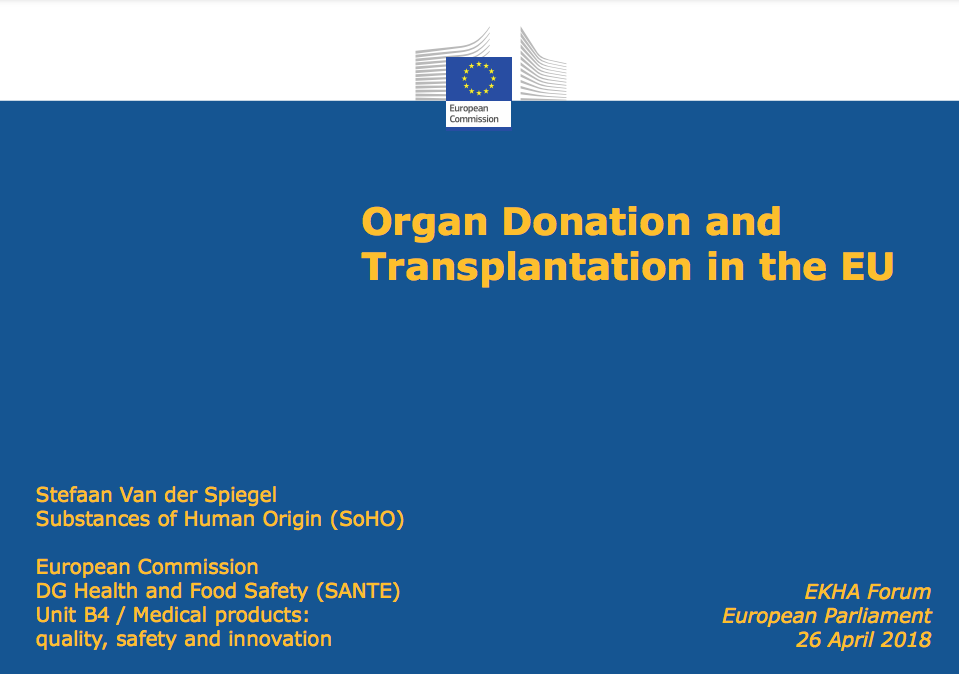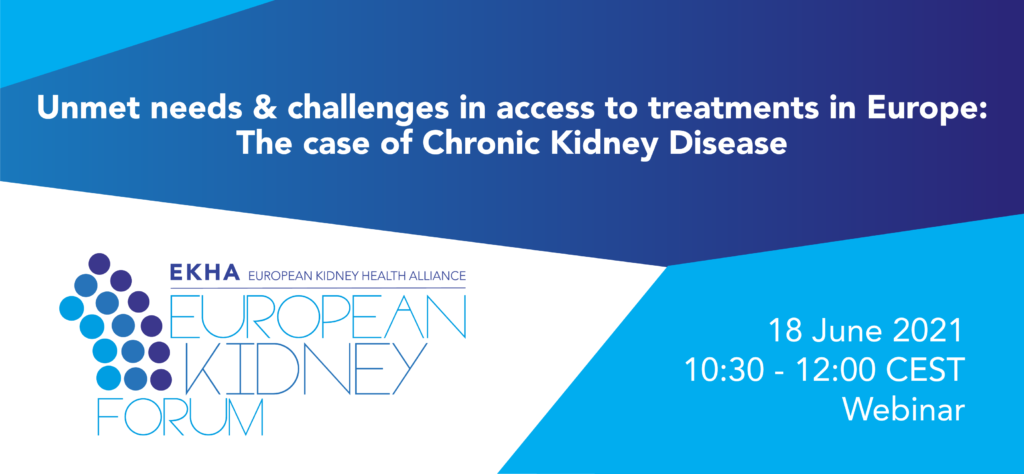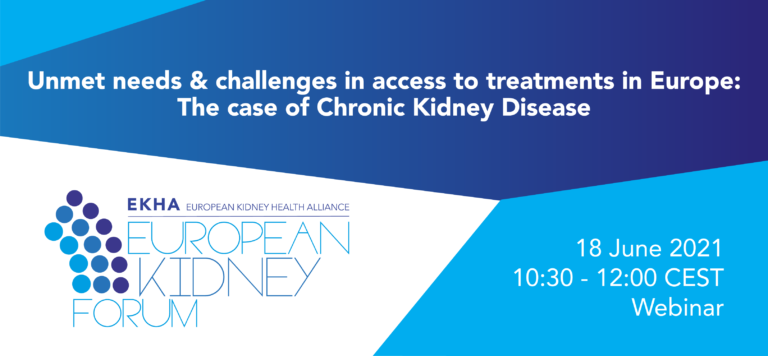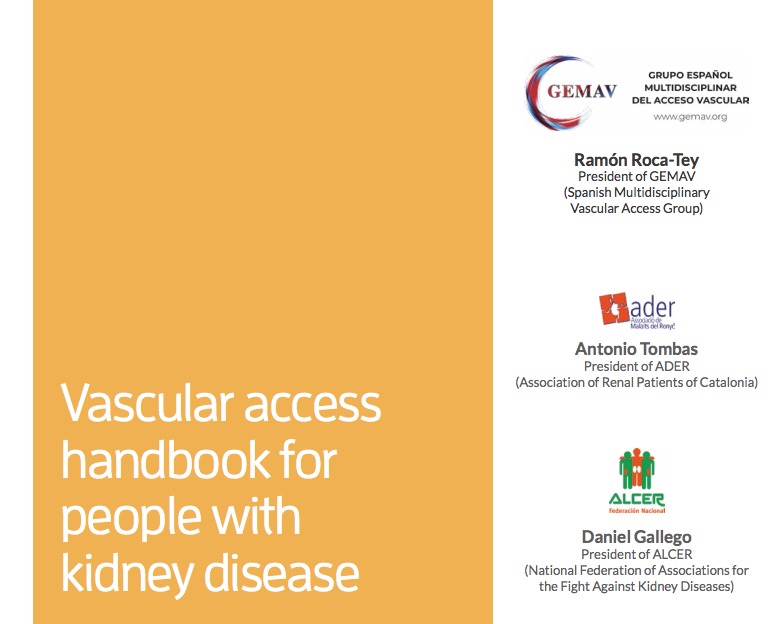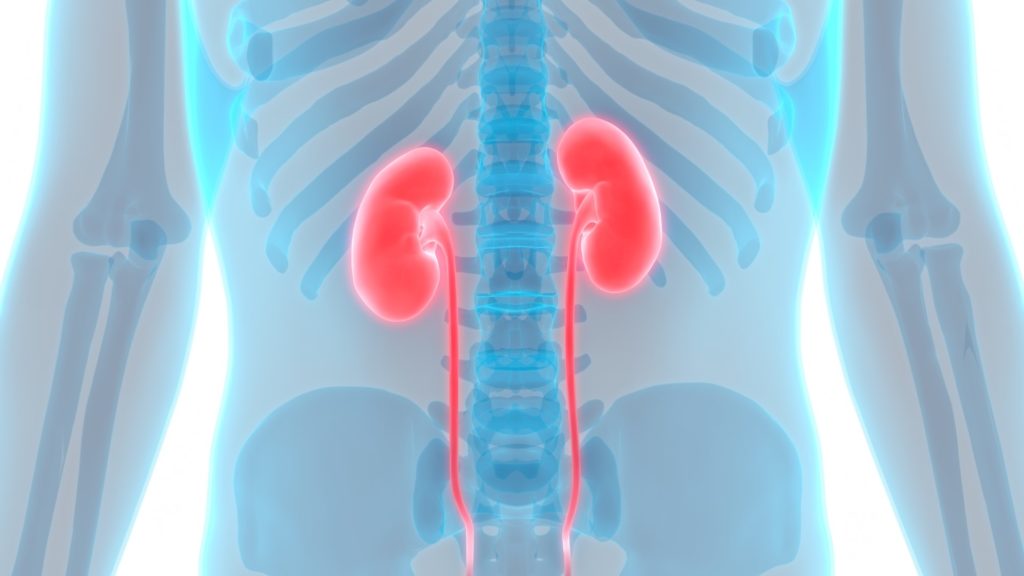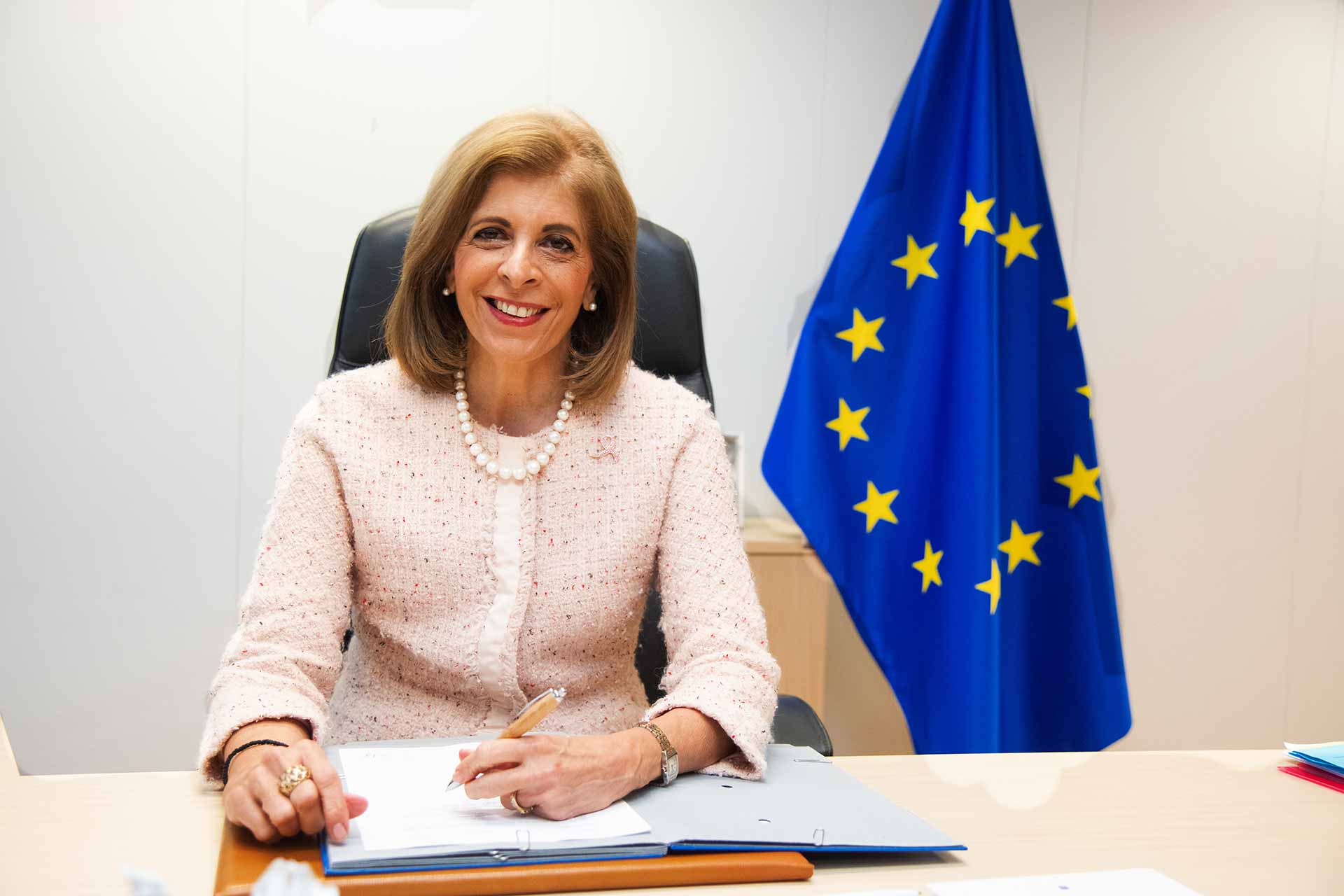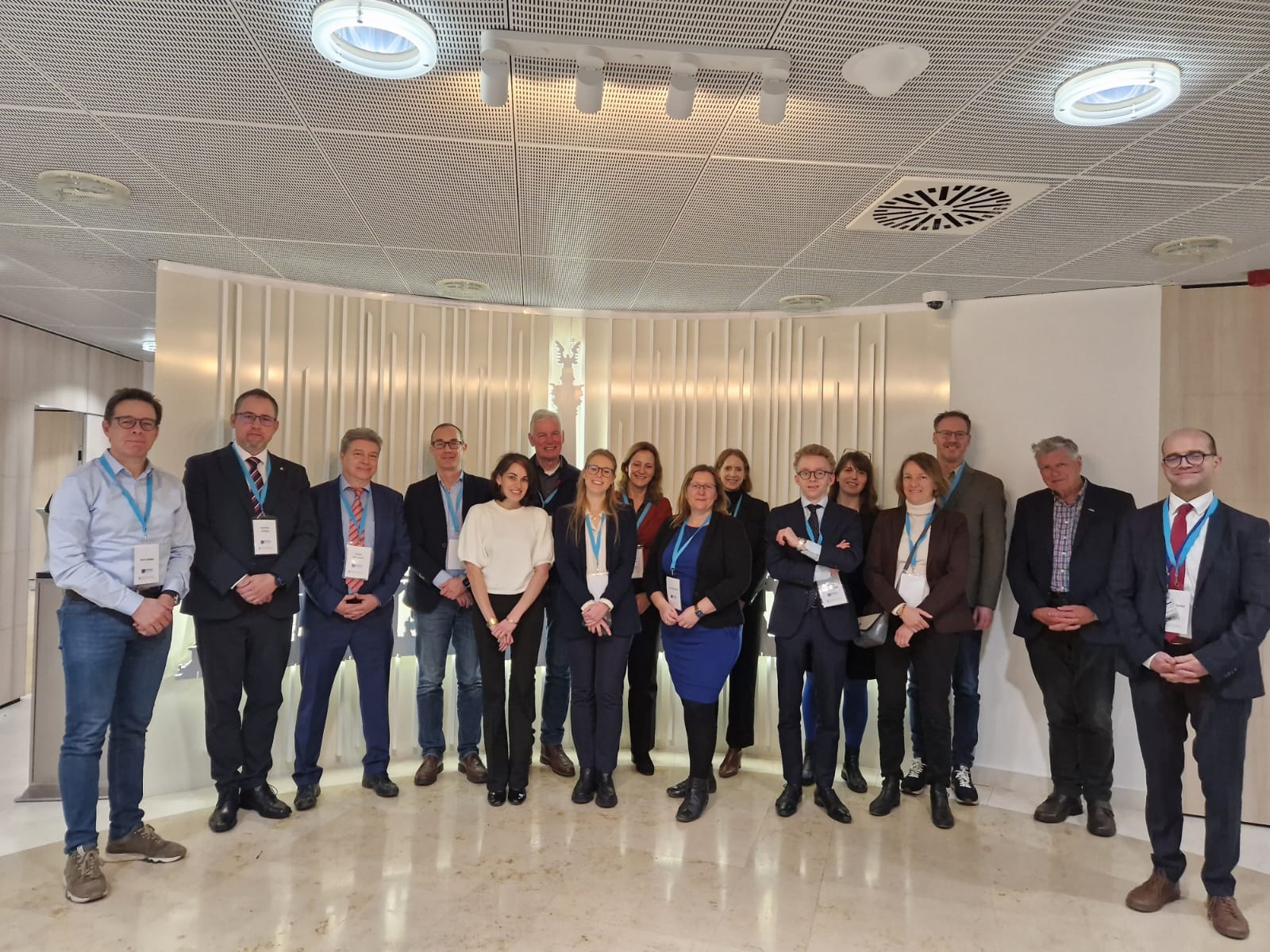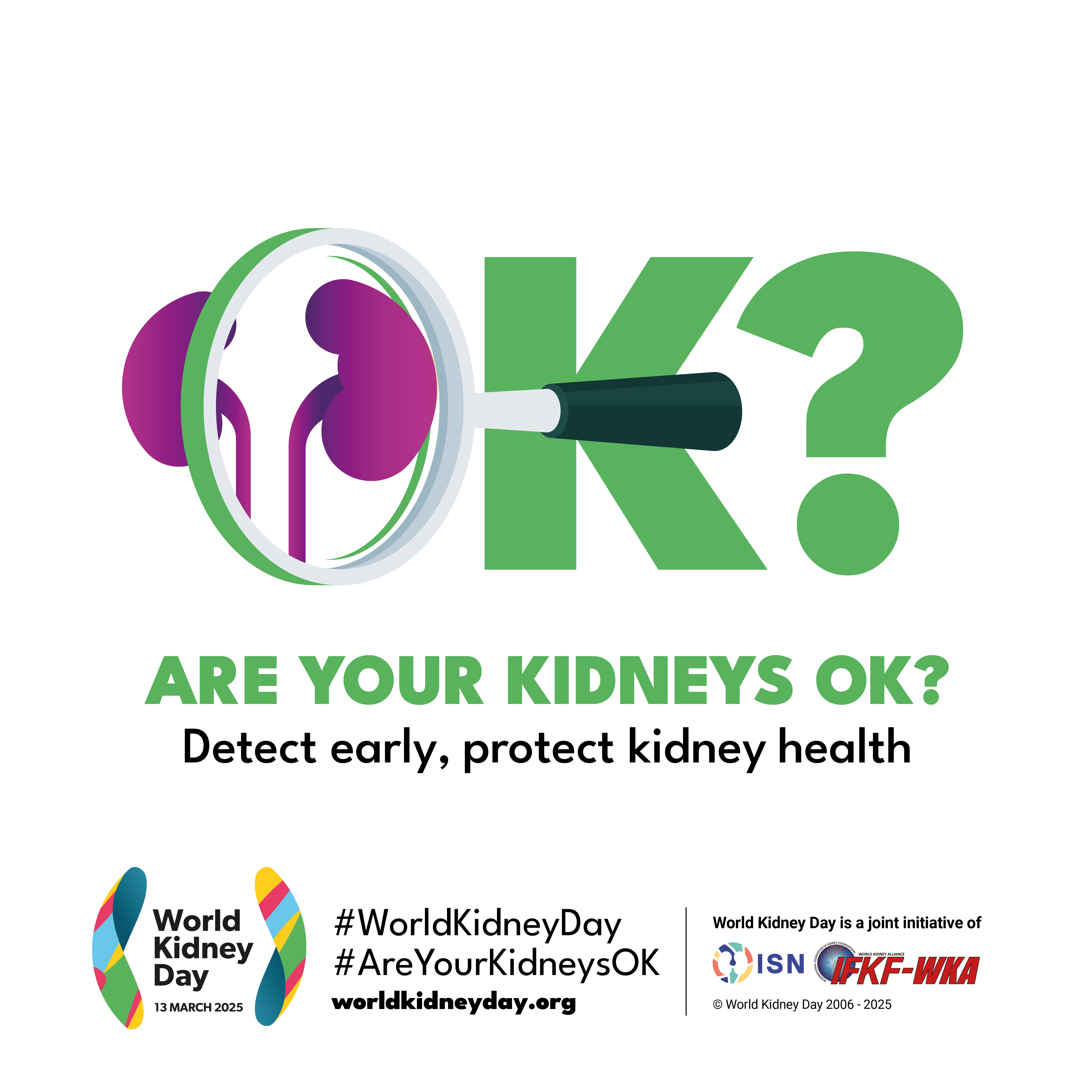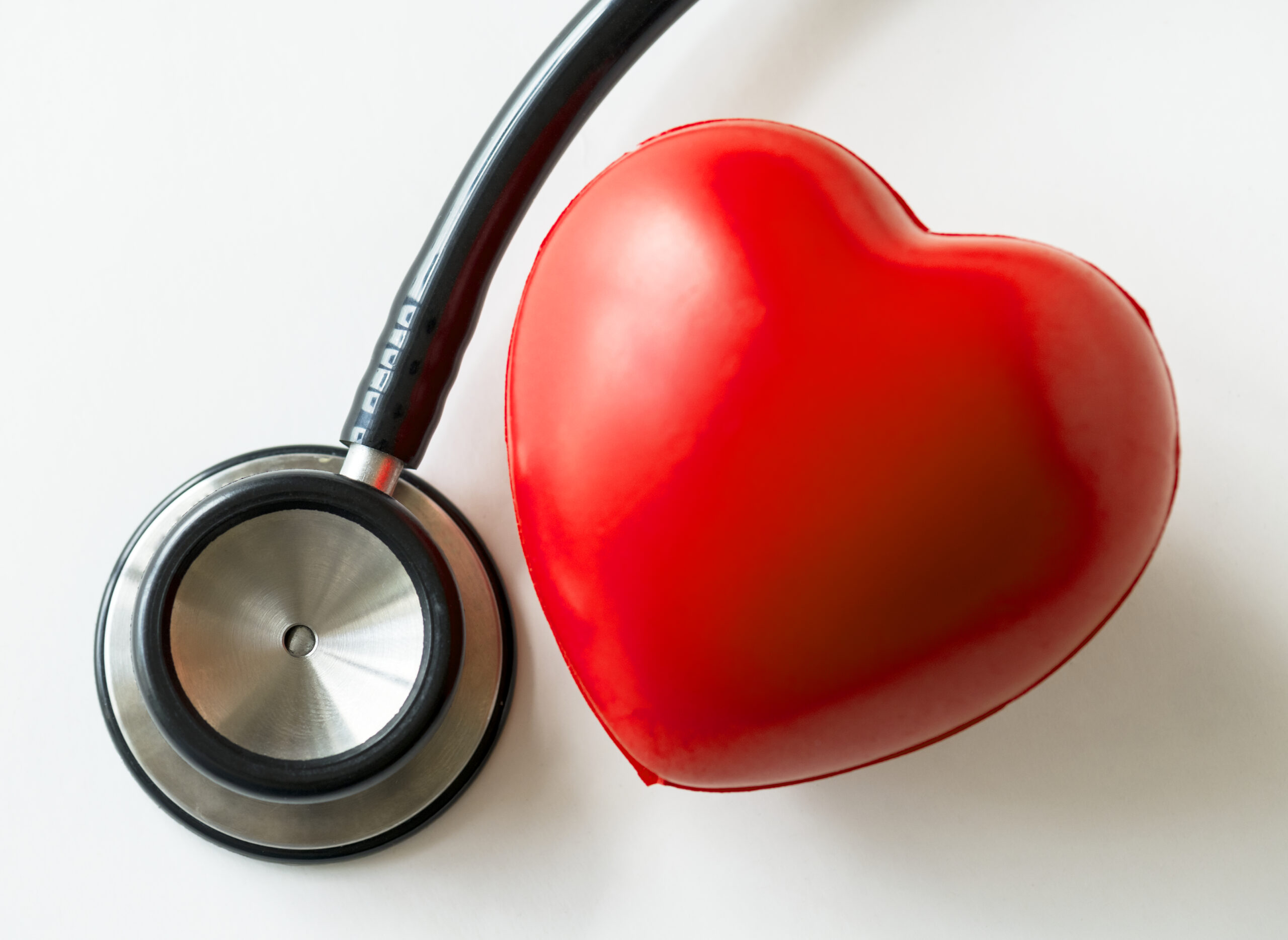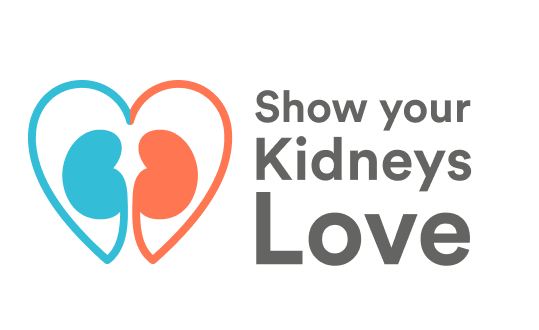What role for the European Commission on organ donation and transplantation?
With health being a competence of the Member States (MS), the European Commission mandate on the issue is limited to improving cooperation between Member States, to foster best-practice exchange and to establish measures setting high standards of quality and safety of organs – as outlined by Stefaan Van der Spiegel, Team Leader ‘Substances of human origin’, DG Santé, European Commission during the European Kidney Forum 2018
Against this background, in 2011 the EC adopted a Directive to support organ exchange between Member States. With a view to supporting Member States in the donation process, the European Commission launched an Action Plan to improve quality and safety of the donation process, make transplantation systems more efficient and accessible and increase organ availability.
Based on an evaluation of the EU Action Plan in 2015, it could be demonstrated that the “EU Action Plan helped spur a 17% increase in organ transplants between 2008 and 2015 (4600 additional transplants: from 28100 to 32700) with an increase in organ donors from 12000 to 15000 and Spain, France, UK, Poland and the Netherlands being the five main contributors. Bulgaria, Lithuania, Finland, Croatia, Hungary, Czech Republic, Slovenia, Latvia and Denmark demonstrated the sharpest overall increase with some exceptions like Germany where numbers fell with 20%.
The Action Plan led to appointment of local coordinators for deceased donation and registries for living donors.
The Commission takes part in a number of actions to identify good practices from Member States and share these across the EU such as:
- FOEDUS Joint Action a European consortium aiming to facilitate the exchange of organs donated in the EU Member States (a pilot project involving 8 countries was conducted during 9 months).
- EDITH project aimed at assessing the differing treatment modalities of Chronic Kidney Diseases and transplantation in the EU and their impact on health expenditures and patient outcomes; (see separate article)
- EUDONORGAN project aiming not only to train health professionals but also to organize awareness raising events with the support of the trained professionals and to propose and implement dissemination actions as well as monitoring and evaluation strategies.
Going forward, the Commission wants to make sure to define selected, clearly defined objectives going forward to favour tangible outcomes and hence ensure a stronger impact. The EC insists on the importance of:
- Bottom-up agenda-setting, engaging professionals, administrations, politicians, public opinion
- Bringing together groups of countries with similar issues and situations.
- Learning from/collaborating with adjacent areas of expertise (e.g., tissues & cells, devices)
- Focusing more on MS with less developed transplant programmes
- Reflecting on implementation and sustainability, including IT.
Download Stefaan Van der Spiegel ‘s presentation slides here.

